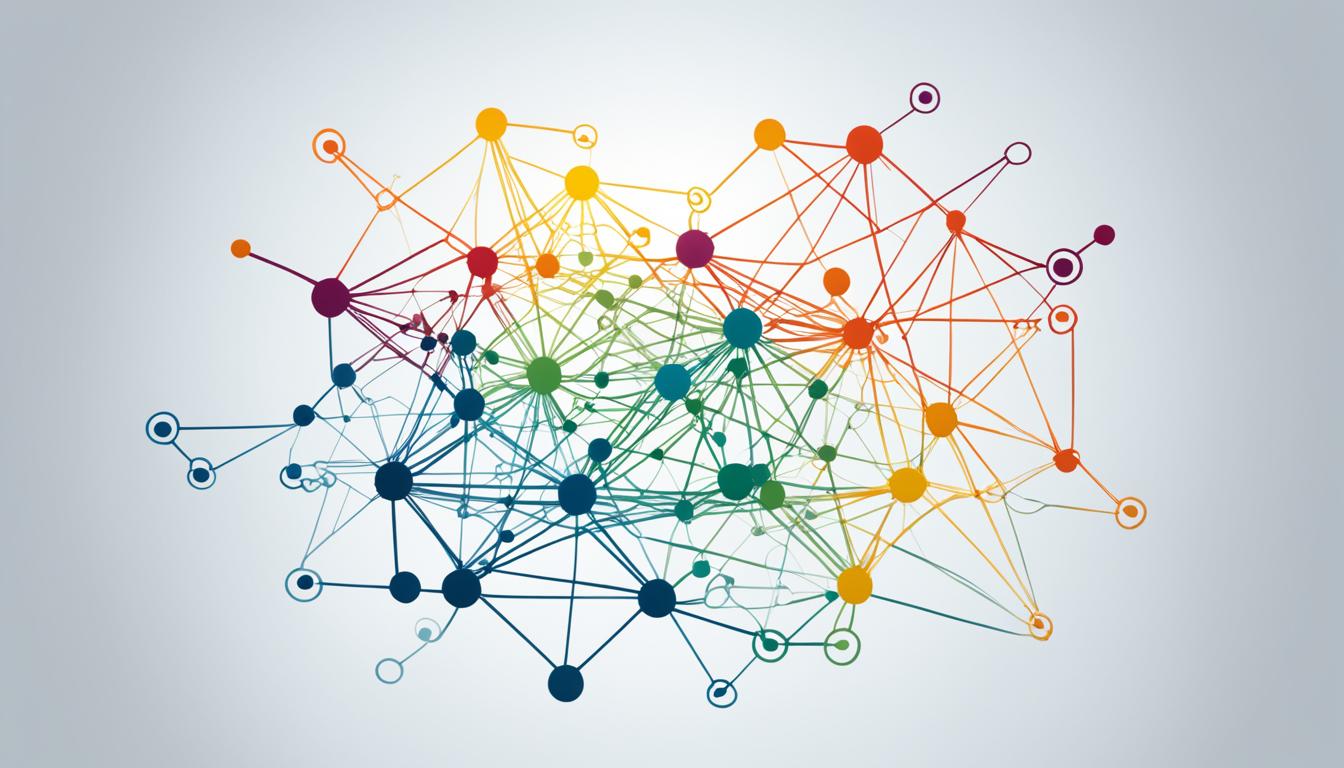Decentralization means shifting control and decision-making from a single authority to a wider network of people or systems. Instead of one central point being in charge, power is shared across many participants. This idea has been around for centuries, and today it plays a major role in how blockchain technology works.
In a decentralized blockchain network, no single person or group controls the data. Everyone has equal access to the same information, and changes only happen if the majority agrees. This makes the system more secure, transparent, and resistant to tampering or failure. As more industries explore decentralization, it’s becoming a key part of how we build trust and share information online.

